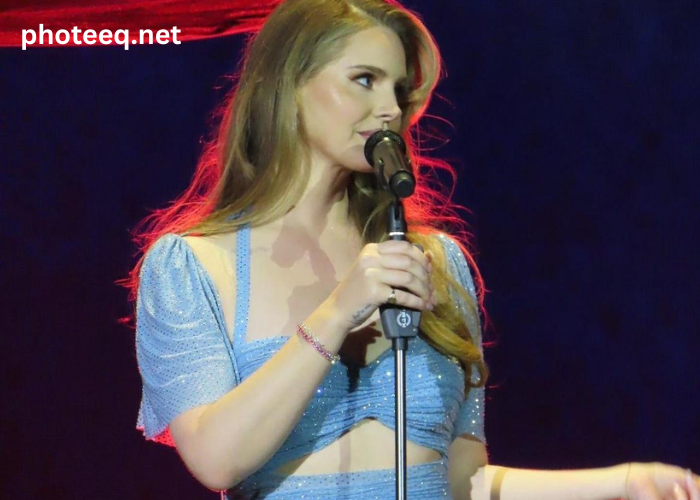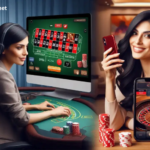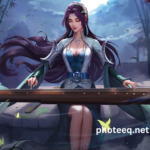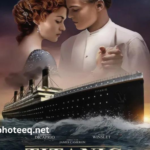Entertainment has always been a cornerstone of human culture, evolving alongside societal changes and technological advancements. From ancient forms of storytelling around campfires to today’s immersive digital experiences, the evolution of entertainment is a testament to human creativity and the desire for escapism. This article delves into the rich tapestry of entertainment, tracing its journey from humble beginnings to its current multifaceted forms. Discover a wide range of movies to download at SDMoviesPoint2. Find the latest releases and timeless classics for your viewing pleasure.
Ancient Beginnings
Entertainment finds its roots in the earliest civilizations where oral traditions and performances were the main sources of diversion. Ancient Egyptians, Greeks, and Romans engaged in theatrical productions, often incorporating music, dance, and storytelling to captivate audiences. These performances not only entertained but also served as vehicles for cultural expression and moral education.
Renaissance and Theatrical Renaissance
The Renaissance period witnessed a revival of arts and culture across Europe, marking a pivotal moment in entertainment history. The emergence of theaters in cities like London and Venice brought plays and musical performances to a broader audience. Playwrights like William Shakespeare became iconic figures, shaping the landscape of entertainment with timeless works that continue to resonate today.
Rise of Mass Media
The Industrial Revolution ushered in a new era of entertainment with the invention of printing presses and mass-produced literature. Newspapers, novels, and serialized stories became popular forms of entertainment, reaching widespread audiences hungry for new narratives. The 19th and early 20th centuries saw the birth of cinema and radio, revolutionizing how stories were told and consumed.
Golden Age of Hollywood
The early 20th century marked the rise of Hollywood and the global phenomenon of cinema. Blockbuster films and iconic stars became household names, shaping popular culture and influencing fashion, language, and societal norms. The introduction of sound and color further transformed the cinematic experience, making movies a central pillar of entertainment worldwide.
Television and Digital Revolution
The mid-20th century brought television into homes, revolutionizing how audiences engaged with entertainment. Viewers could now access a wide array of programming from news to dramas and sitcoms. The late 20th century witnessed the advent of video games and the internet, introducing interactive and digital forms of entertainment that continue to evolve rapidly.
Modern Era: Streaming and Beyond
In the 21st century, streaming platforms have democratized entertainment, offering on-demand access to movies, series, and original content. Viewers now have unprecedented control over what, when, and how they consume entertainment. Social media has also transformed how celebrities interact with fans, blurring the lines between entertainment and personal life.
Future Horizons
Looking ahead, the future of entertainment promises even more innovation and integration with emerging technologies like virtual reality (VR) and artificial intelligence (AI). VR experiences offer immersive storytelling opportunities, while AI-driven content recommendations personalize entertainment experiences. The boundaries between traditional and digital media continue to blur, creating new possibilities and challenges for creators and consumers alike.
Conclusion
The evolution of entertainment mirrors the evolution of society itself, reflecting our changing values, aspirations, and technological capabilities. From ancient rituals to modern digital spectacles, entertainment continues to captivate and inspire audiences worldwide. As we navigate the complexities of a rapidly changing world, one thing remains constant—our innate desire for the magic of entertainment, in all its forms.







